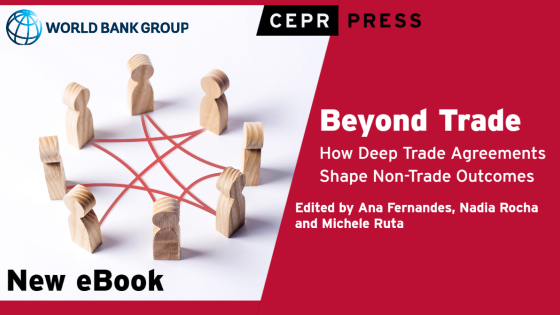DP6172 Why OECD Countries should Reform Rules of Origin
With preferential trading Agreements (PTAs) on the rise worldwide with multiple memberships, rules of origin-- which are necessary to prevent trade deflection --are attracting increasing attention. At the same time, preference erosion for GSP recipients is threatening the viability of the further multilateral negotiations. Drawing on different approaches, we show that the current system of rules of origin (RoO) in place for EU and US preferential trade agreements (including the GSP) which are representative of RoO practiced by OECD countries should be drastically simplified if developed countries really want to help developing countries integrate into the World Trading System. Besides diverting resources for administration, RoO regimes of the EU and US carry significant compliance costs. More fundamentally, it is becoming increasingly clear that RoO have often been designed to force the Southern partner to buy inefficient intermediate products from the Northern partner (the so-called ?double transformation rule? in textiles & apparel (T&A) is such an example) to ?pay for? preferential access for the final product. Evidence is also indicating that a significant fraction of the remaining rents (after accounting for increasing costs to comply with RoO requirements) associated with market access are largely captured by the Northern partner. Finally, we report evidence that the restrictiveness of RoO is beyond levels that would be justified to prevent trade deflection implying capture by special interest groups. The paper concludes by outlining alternative paths to reforms.

